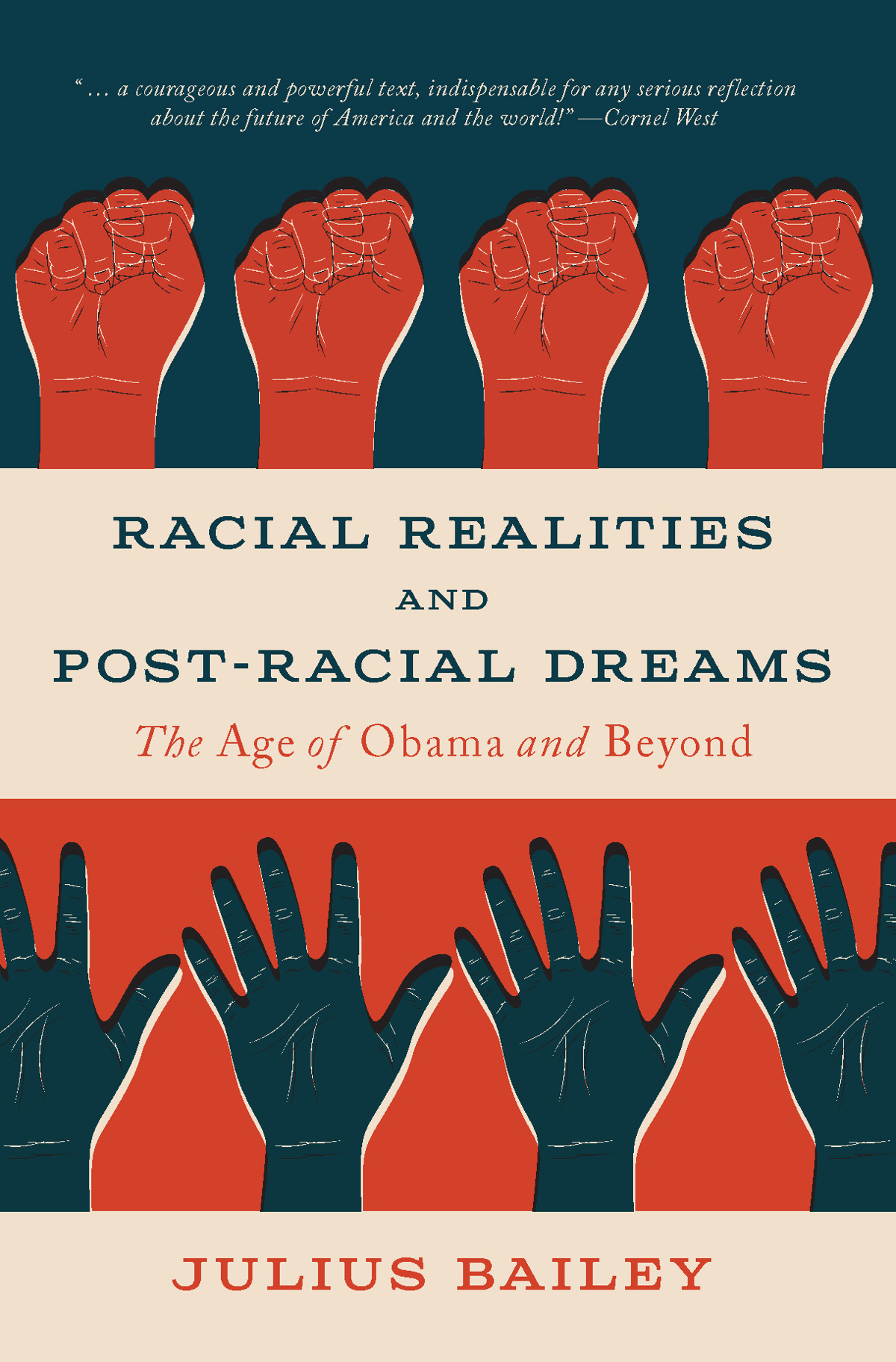Race, Power, and the Obama LegacyPosted in Barack Obama, Books, Media Archive, Monographs, Politics/Public Policy, Social Science, United States on 2016-01-10 00:31Z by Steven |
Race, Power, and the Obama Legacy
Routledge
2015-10-09
174 pages
Hardback ISBN: 9781612058788
Paperback ISBN: 9781612058795
Pierre Wilbert Orelus, Associate Professor of Curriculum and Instruction
New Mexico State University
This book critically examines Obama’s presidency and legacy, especially in regard to race, inequality, education, and political power. Orelus depicts an “interest convergence factor” that led many White liberals and the corporate media to help Obama get elected in 2008 and 2012. He assesses Obama’s political accomplishments, including parts of his domestic policies that support gay rights and equal pay for women. Special attention is given to Obama’s educational policies, like Race to the Top, and the effects of such policies on both the learning and academic outcome of students, particularly linguistically and culturally diverse students. In a race and power framework, Orelus relates domestic policies to the effects of Obama’s foreign policies on the lives of people in poorer countries, especially where innocent children and women have been killed by war and drone strikes authorized by Obama’s administration. The author invites readers to question and transcend the historical symbolism of Obama’s political victory in an effort to carefully examine and critique his actions as reflected through both his domestic and foreign policies.
Table of Contents
- Foreword by Mike Cole
- Introduction by Curry Malott
- 1. Race, Power, Obama’s Presidency and Legacy
- 2. Obama Dancing with Voucher Capitalism and White Hegemony
- 3. Obama Caught at the Crossroad of Black Masculinity and White Patriarchy
- 4. Obama: A Black Face of the US Imperialist and Neocolonial Power?
- 5. Obama Trapped in Professor Luis Gates’s and Sgt. Crowley’s Racial Storm
- 6. Beyond Obama’s Historical Symbolism: A Conversation with Eduardo Bonilla-Silva
- 7. Obama’s Foreign Policy and Its Implications for His legacy
- Afterword by Paul R. Carr



